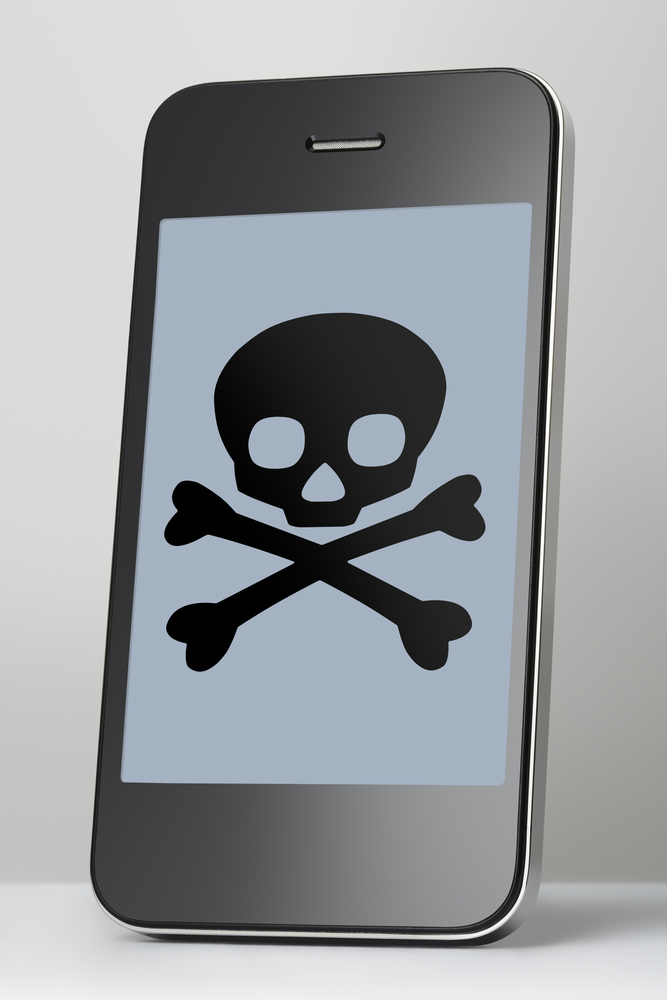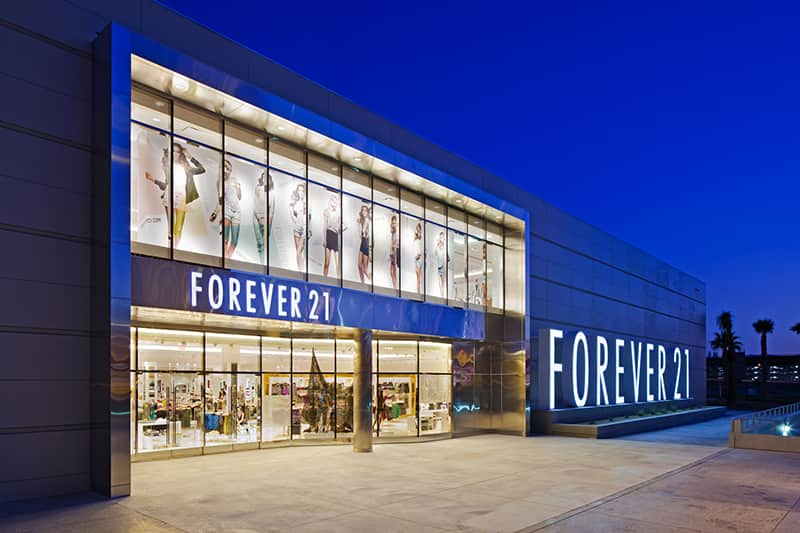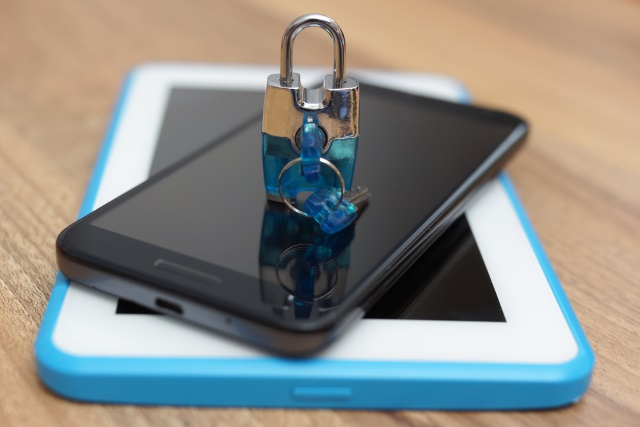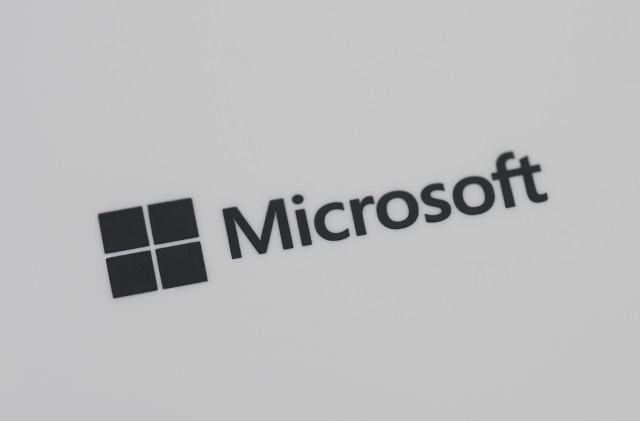
Cryptocurrency mining a growing threat to businesses
The CoinHive malware, designed to mine the Monero cryptocurrency when a user visits a web page -- without the user's approval -- was the sixth most common malware during October.
The latest Global Threat Impact Index by Check Point released this week shows the RoughTed ad-blocker malware and Rocky ransomware are still the top two threats. However, there's a new trend toward sneakier programs with Seamless -- which redirects the victim to a malicious web page -- at number three.

100 percent of enterprises have suffered mobile malware attacks
A new study of over 850 organizations around the world shows that all of them have experienced a mobile malware attack.
The research by cyber security company Check Point shows an average of 54 mobile malware attacks per business with Android and iOS platforms both proving vulnerable.

Forever 21 becomes the latest retail chain to suffer a security breach
Over the past several years we have seen a multitude of security problems plague major retail stores around the world. Breaches have come in many forms and have frequently targeted credit card information, though in some cases personal data has been part of the haul.
Now we find ourselves looking at yet another incident. Retail chain Forever 21, which is wildly popular among young people in the United States -- you can barely find a mall that doesn't have one -- has officially announced that its systems were compromised.

Enterprises put at risk by employees' poor security habits
According to a new study, 25 percent of employees have tried to look at data at work that they weren't supposed to, and 60 percent were successful at accessing that data.
The survey by adaptive threat prevention company Preempt also reveals widespread bad habits, with 41 percent of employees using the same password for both personal and work accounts.

Malware goes global with every nation affected
Malware is a worldwide problem affecting every nation state on the planet according to the latest Comodo Threat Research Labs report.
Comodo detected almost 400 million malware incidents around the globe in the third quarter of this year, with even the tiny island nation of Kiribati in the central Pacific being affected. The top five malware hit countries are, Russia, the US, Poland, the UK and Germany.

90 percent of organizations vulnerable to insider threats
Most enterprises and government organizations fell vulnerable to insider threats and around half have experienced an insider attack in the last year, according to a new report.
Commissioned by Cybersecurity Insiders, the study is based on a comprehensive online survey of 472 cyber security professionals.

New platform aims to protect connected medical devices
Healthcare providers are spending a lot of money on connected devices. But this comes at a time when cyber attacks on healthcare targets are increasing with medical devices a prime target.
Israeli start up Medigate has secured backing for a technology platform, that lets security teams defend networked medical devices from cyber attacks. It combines knowledge and understanding of medical workflow and device identity and protocols with the reality of today's cyber security threats.

A quarter of UK healthcare IT pros not confident in response to cyber attacks
According to a new report, one in four UK healthcare IT professionals aren't confident in their organization's ability to respond to cyber attacks.
Research from network intelligence company Infoblox finds that disruption caused to the NHS by WannaCry in May 2017 means many healthcare organizations are preparing themselves for further ransomware attacks.

Survey highlights disconnect between security expectations and reality
A new survey of IT decision makers shows that 89 percent are confident their organizations are in a good position to protect themselves from attacks, but four out of 10 are not taking steps to lock down information, putting themselves at risk of data loss.
The study from security software company Varonis polled 500 IT decision makers in the UK, Germany, France and the US. Fifty-four percent of respondents believe their company will face a major attack in the next year.

New container firewall solution speeds up enterprise integration
Containerization is increasingly a part of enterprise IT strategy, and like any other systems it needs to be properly secured.
Container security specialist NeuVector is releasing a new version of its container firewall security solution with key security, integration, and UI additions, along with a version aimed specifically at enterprises.

US government uses Texas shooter's iPhone to support its case for encryption backdoors
The inability of law enforcement agencies to access encrypted data stored on smartphones is a relatively new one, but it's one that really came into the spotlight with the San Bernardino shooting latest year. With the recent shooting in Texas, the US government is talking about the issue once again.
We've already learned that the FBI has been unable to access data stored on the shooter's phone due to the fact that it's encrypted. We also know that Apple has been in contact with the FBI to offer help -- despite having previously said there was no way it could access encrypted data. Now it seems that the US government, specifically Deputy Attorney General Rod Rosenstein, is using the case to add pressure to phone manufacturers to include backdoors.

WikiLeaks: CIA source code leak shows agency impersonating Kaspersky
Following on from its Vault 7 series of leaks relating to CIA hacking tools, WikiLeaks has kicked off a new series -- Vault 8. The purpose of this latest series is to reveal the source code of previously exposed hacking and surveillance tools, and the first release relates to Hive.
The tool itself is interesting enough, serving as backbone to the CIA's malware operations, but there's more. What's intriguing about the first leak in the Vault 8 series is that it seems to show the agency impersonating Kaspersky, by making use of a fake certificate for the anti-virus company.

Facebook explains its creepy-sounding anti-revenge porn plan
Facebook has revealed more details about how its test program for combating revenge porn works. The social network has been trialing a system which allows users to upload naked images of themselves to Facebook so the company can look out for and block others from sharing them.
People were rather shocked at this idea, but even more so when it transpired that the uploaded nudes would be reviewed by Facebook employees. Keen to calm the storm that has whipped up around the issue, Facebook's global head of safety, Antigone Davis, has penned a blog post explaining that "we want to be clear about how it works."

Microsoft brings Windows Defender Advanced Threat Protection to macOS, Linux, iOS, and Android
Microsoft has announced that it is teaming up with Bitdefender, Lookout, and Ziften to expand the reach of Windows Defender Advanced Threat Protection (ATP). By partnering with the three major security firms, Microsoft is set to bring ATP to macOS, Linux, iOS, and Android devices.
Bitdefender, Lookout, and Ziften will all feed threat detection information into one central resource, and this can then be used by security teams to keep an eye on all threats in a single location.

Comodo launches free service to remove website malware
Many recent security breaches have been caused by poor website safety, allowing hackers to exploit vulnerabilities to steal data.
Cyber security company Comodo is launching a free malware removal service for websites to help businesses stay secure. Once a business submits a request Comodo's security operations center analysts will instantly remove all malware, perform hack repairs, including checking the files, databases and any malicious code running to remove infection from the site, and keep the customer fully updated.
